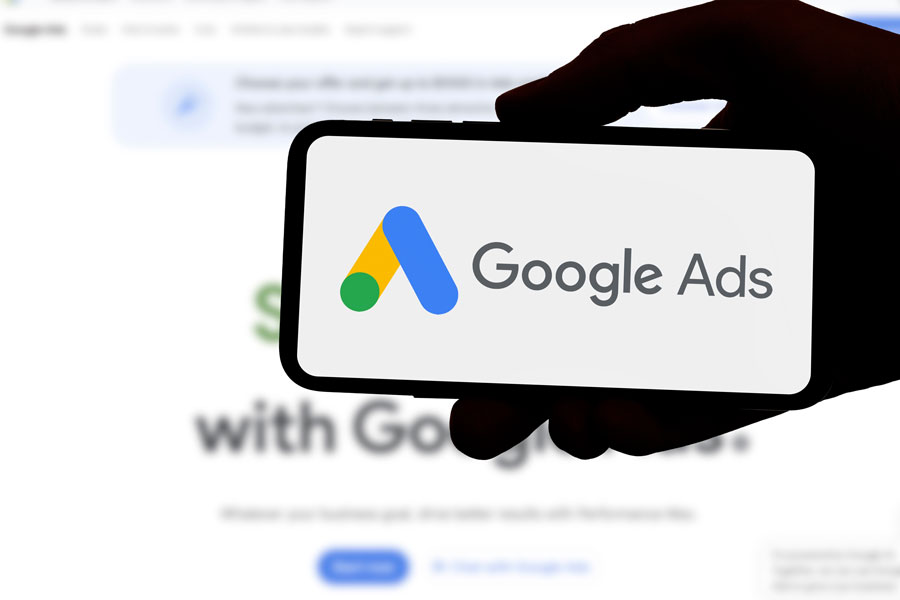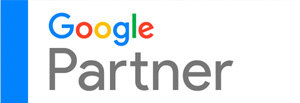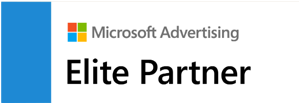
WEST PALM BEACH, FL – In the fast-evolving world of search and artificial intelligence, freshness is becoming more than just a ranking signal—it’s a competitive edge. A new study by Ahrefs sheds light on a major shift in how today’s AI-powered assistants cite web content, revealing a clear trend: AI prefers to reference newer pages.
This trend has major implications for SEOs, content creators, and digital marketers seeking visibility not just in traditional search engines, but also in AI-generated responses across platforms like ChatGPT, Perplexity, Gemini, and Microsoft Copilot.
AI vs. Search: The Freshness Gap
Ahrefs analyzed over 17 million citations from leading AI tools and compared them to standard Google organic search results. The study found that AI assistants tend to cite content that is 25.7% fresher on average than the pages ranked in Google’s top results.
To put it in perspective:
- AI-cited content averaged 2.9 years old (1,064 days)
- Google organic results averaged 3.9 years old (1,432 days)
Among the platforms studied, ChatGPT showed the strongest preference for newer content, with its references often being over 450 days fresher than what appears on Google SERPs. Other AI tools like Perplexity, Gemini, and Copilot also demonstrated a similar trend—favoring newer pages and often ordering citations from newest to oldest.
Interestingly, Google’s own AI Overviews was the outlier. It slightly favored older content, citing pages that were, on average, 16 days older than those found in its standard search listings.
Why This Matters for Website Owners
The implications are clear: content recency now plays a major role in how likely your site is to be cited by AI systems. While traditional SEO has long included “freshness” as a factor—especially for news, trends, and fast-changing topics—the expansion of AI-generated answers is raising the bar.
AI assistants are rapidly becoming gateways to information, often summarizing results and providing answers without directing users to individual websites. If your content isn’t showing up in these AI citations, it could be missing out on exposure in a growing share of search behavior.
But Don’t Attempt to Game the System
It’s important to note that freshness doesn’t equal quality. Simply changing the date on an old post or making superficial edits won’t make it more likely to be cited. In fact, Google’s own Search Liaison has warned that updating timestamps without meaningful content improvements may do more harm than good.
Instead, the goal should be genuine, high-quality updates:
- Add new data, visuals, or sources
- Refresh outdated references or links
- Expand coverage to address current trends or user needs
The Future of Search Visibility
As AI tools continue to integrate more deeply with search behavior, visibility will depend on more than just keyword optimization. Being cited in AI responses will require timely, authoritative, and well-maintained content—especially for competitive queries.
For website owners and marketers, this means rethinking how often and how deeply they update evergreen content. It’s no longer just about publishing regularly—it’s about staying relevant in real time.
Takeaway:
If your content hasn’t been updated in the last couple of years, it may not just be falling behind in search rankings—it may be disappearing entirely from the AI conversation.










